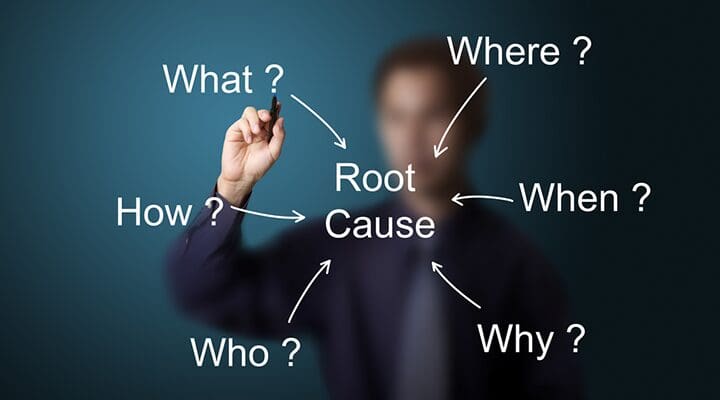Sub-Total: $0.00
Root Causes of Abuse

The causes of abuse are intricate and diverse, encompassing factors that operate at both individual and societal levels. Abuse, whether taking the form of physical, emotional, verbal, or sexual, can be attributed to a combination of nuanced reasons:
- Individual Factors:
- Psychological Challenges: Those grappling with mental health issues, such as unresolved trauma, personality disorders, or substance abuse, may be predisposed to engaging in abusive behavior.
- Low Self-Esteem: Individuals with diminished self-esteem might resort to controlling others as a means of compensating for their own insecurities.
- Inadequate Coping Skills: People lacking effective coping mechanisms may resort to abusive conduct as a means of managing stress and frustration.
- Interpersonal Factors:
- Family Background: A history of abuse within one’s family can contribute to a cycle of abusive behavior, as individuals may replicate the patterns they experienced.
- Power Disparities: Relationships marked by power imbalances, where one person wields significant control, can foster an environment conducive to abuse.
- Communication Challenges: Incapacity to express emotions and communicate effectively can lead to misunderstandings and conflict, potentially escalating to abusive behavior.
- Societal Factors:
- Cultural Norms: Societal norms that tolerate or endorse certain forms of aggression or dominance can contribute to the acceptance of abusive behavior.
- Gender Disparities: In societies with gender inequalities, unequal power dynamics between genders can be a catalyst for abusive relationships, with women often bearing a disproportionate burden.
- Economic Strain: Financial difficulties and poverty can lead to tension within families and relationships, potentially resulting in abusive situations.
- Institutional Factors:
- Support System Gaps: Insufficient support systems, including social services, counseling, or legal protection, can leave individuals susceptible to abuse or hinder their ability to escape abusive situations.
- Shortcomings in Legal Systems: In some instances, deficiencies in legal and judicial systems may impede victims’ ability to seek justice or protection.
Recognizing the intricate interplay of these factors is crucial. Addressing abuse necessitates a comprehensive strategy encompassing prevention, intervention, and support systems at individual and societal levels. Encouraging open communication, promoting mental health awareness, and cultivating healthy relationships are pivotal steps in tackling the underlying causes of abuse.

